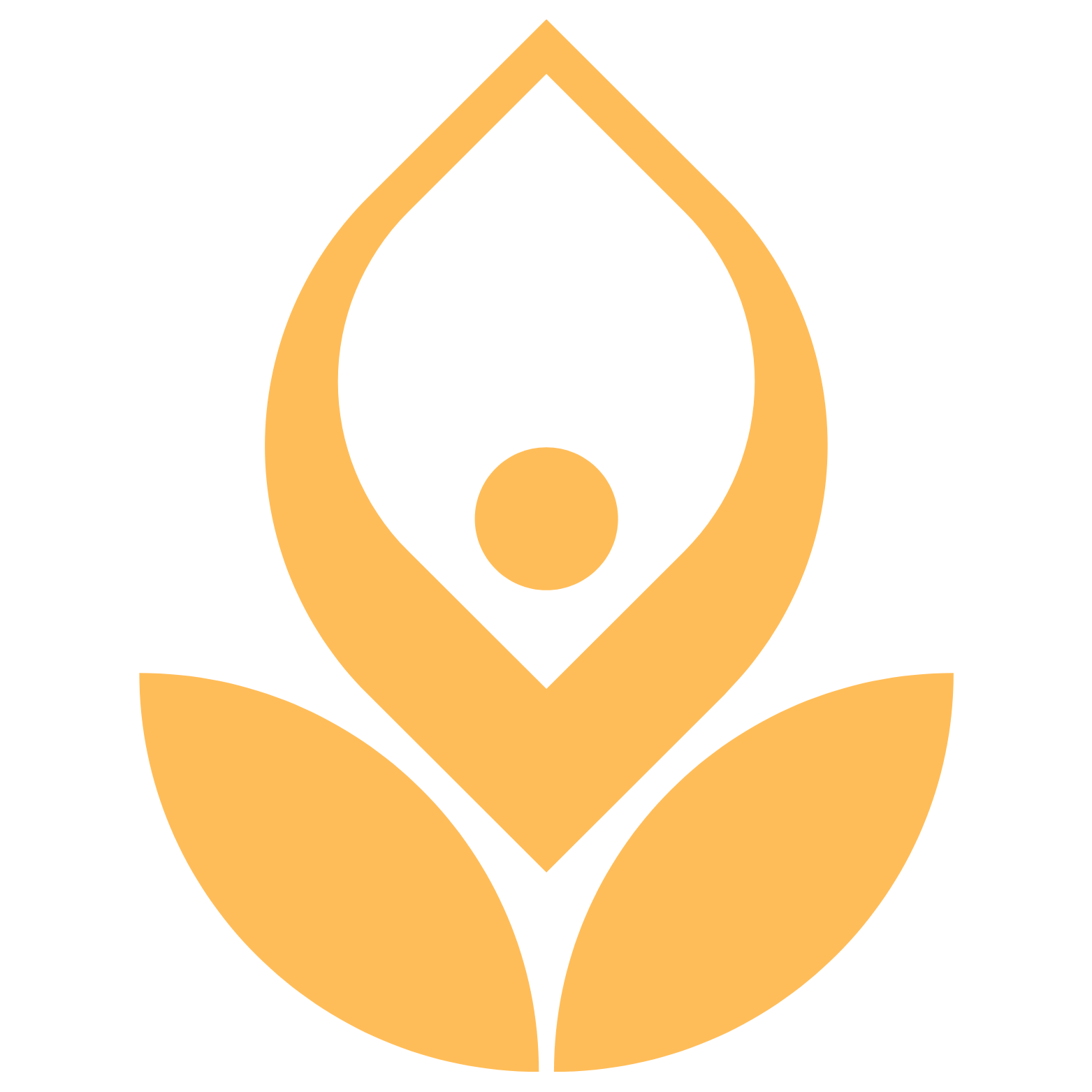Since we stepped into 2021 I’ve been feeling the hope we have on the horizon – a Covid-19 vaccine slowly being distributed, leaders who talk about unity entering office, and a general hope of relief from the difficulties of 2020. Despite ongoing challenges, I’ve felt a deep sense of relief arising from the core of my being, and it’s not just about 2020.
I’ve been reflecting on the past four years, which have given us countless examples of why trauma-informed leadership is essential. Here is what’s helped me move forward amidst the ongoing trigger-fest of the past few years...
- Focus – Trauma-informed practices teach us to ground and orient to our current environment. In recent years, I’ve seen harm done to people and the planet that is far beyond my control. By coming back to the present moment and connecting to my immediate environment, I’ve been able to practice connecting with and sharing what I want to see more of in the world – kindness, compassion, peace and love. Rather than wait for the day that everything turns out okay, this practice has allowed me to cultivate the solutions I seek, and take steps toward healing in the moment.
- Love – In narrowing my focus to the present moment and environment, I’ve been able to connect with the presence of love. Noticing trees & flowers growing, people wearing masks & holding doors for each other, people posting their hopes for progress, and colleagues offering support to one another – these things have realigned me with hope in the most challenging moments. Even with the restrictions of the pandemic, I’ve watched YOU offer yoga, reiki, therapy, and singing lessons online. I’ve seen you post pictures of your pets and families. I’ve seen you share that you are struggling, and ask for help. I’ve seen you advocate for people who are experiencing trauma and oppression. In all of this, I see love in action, and it re-energizes me to connect with this flow. And in moments of utter overwhelm, simply sitting with Iris on the couch, loving on our puppy, has kept me centered in love.
- Commitment – I’ve decided to focus my love on supporting my friends, family, individual clients, the Y4T Community, and each of you here. Committing to you has kept me motivated and connected, aware of how many of us are looking to cultivate healing, even across the distance. Re-committing to supporting you on a daily basis helped me connect to my own sense of purpose, and to continuing to take steps forward.
- Rest – Many days, it’s felt like paddling upstream. I’ve questioned, what does this “you are welcome here” sign in my office mean if my clients' dignity is being violated by people in power? How can I help someone build an internal sense of safety when their safety is not valued by our leaders? Focusing on love, and my commitment to teaching trauma-informed, embodied healing, has helped me come back to center, and then... each day I’ve come to a point of surrender when I choose to let that day's efforts be enough. Knowing I am in for the human rights long haul means I’ll need rest to keep going.
These past four years have felt like an extended ultramarathon. Full of moments of challenge and growth, deep digs for endurance, and tons of mental effort to stay present amidst the enormity of it all. Each day, each step was progress, even when it felt like a backslide. And while we arrive at this finish line with an abundance of work ahead of us, I hope we can all appreciate and identify what has supported us, and continue to use these skills consciously as we move forward together.
Now, I'd love to hear from you – What helps you when you feel like you're paddling upstream? How do you maintain your pace in the ultramarathon of life? What do you need from yourself, your loved ones and your leaders to feel supported through difficult times?
Leave a comment with your answers below, and share this with your friends to keep the conversation going.
Sending you all my love,
Lisa




Comments are closed